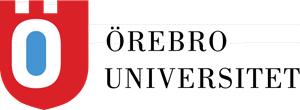
Organising Institution
Örebro University
Sweden

Organising Institution
Sweden

Moderator
7amleh: The Arab Center for Social Media Advancement - Palestine

Speaker
Utrecht University - Netherlands

Speaker
York University - Canada

Speaker
Örebro University - Sweden

Speaker
Birzeit University - Palestine